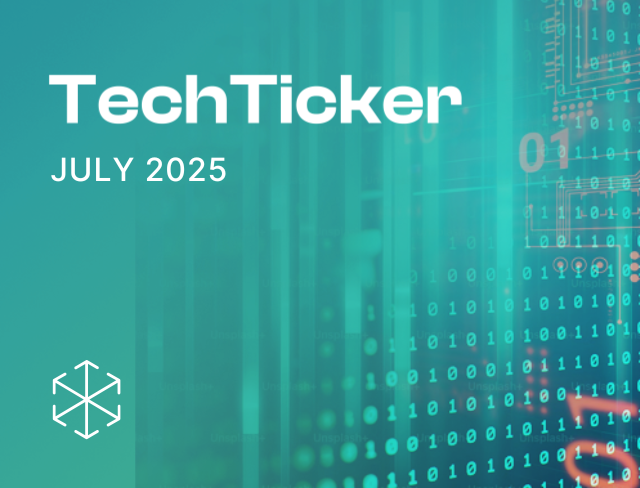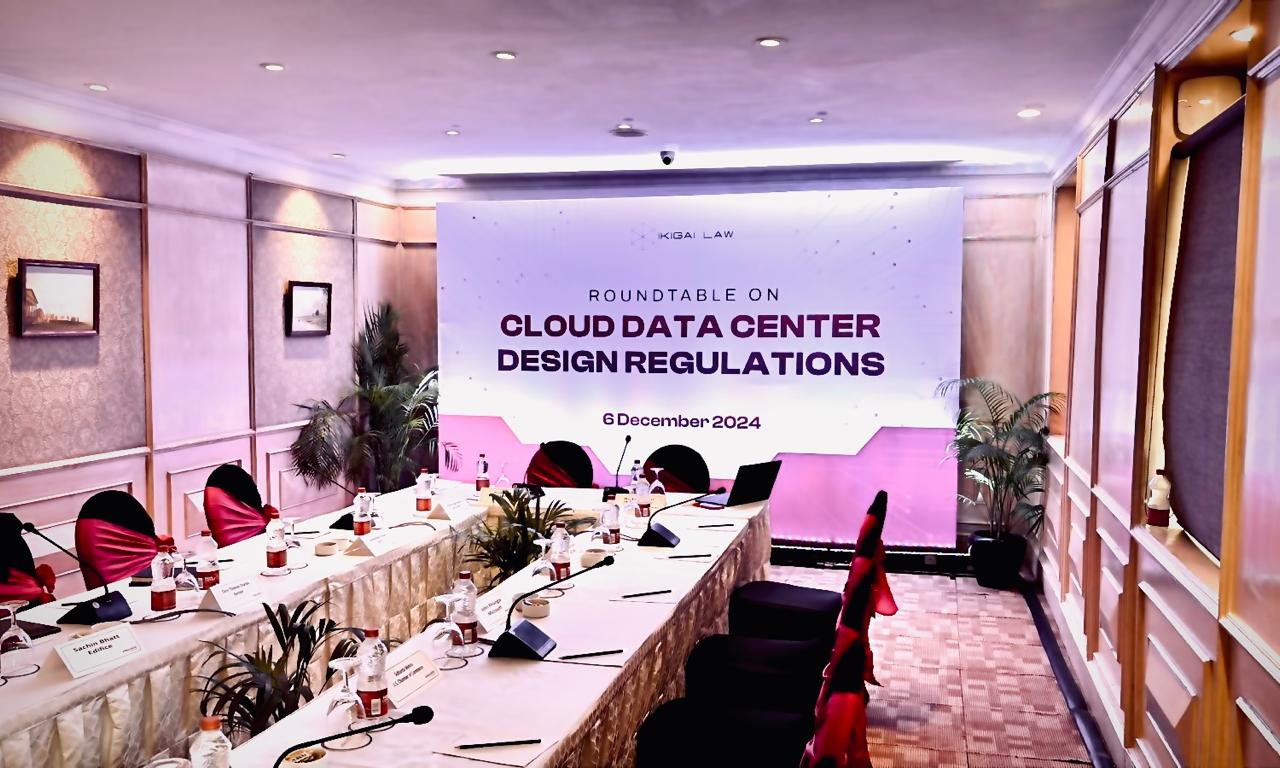Against the backdrop of a federal government appointed committee examining possible governance structures for non-personal data in India, this piece looks at various data marketplace models around the world. Data marketplaces are platforms to bring together providers and customers of data, often for a price.
In September, the government of India (“Government”) constituted a committee of experts (“Committee”) to study issues related to non-personal data (“NPD”) and to recommend a framework for its regulation[1]. Highlighting the economic importance of data, the Government noted the need to study its ‘economic dimension’. As such, the circular constituting the Committee also underlined the advantages of leveraging “privately collected data” for the larger public good. This development followed the questions asked by the ministry of electronics and information technology (“MeitY”)[2] to select stakeholders, regarding a mandatory data sharing regime.
Notions surrounding the regulation of NPD and a framework for sharing data have emerged across numerous government policy documents. The Telecom Regulatory Authority of India (“TRAI”) floated the idea of anonymized public datasets contributed by private companies[3], while the Department for Promotion of Industry and Internal Trade’s (“DPIIT”) draft e-commerce policy proposed a sharing framework for ‘community data’ collected by private entities[4]. In the Economic Survey of India 2018-19, the Government devoted a chapter on the ‘public good’ benefits of data, and the need to incentivize private sector to provide such data[5]. Numerous reports have also indicated that the Government has been appreciating the benefits of a sharing regime that addresses the ‘information asymmetry’ caused by ‘big tech’[6].
All of this brings us to the key question: is there a case made out for mandating sharing of data? If so, what will be the contours of such a mandate? Can it address the concerns of government, private sector and citizens alike? Will it be mandatory, or voluntary? Will sharing be incentivized- as highlighted in the Economic Survey- or fee-based, as suggested in reports? What will be the schema for consent- will individual consent suffice, or do we look at the somewhat unexplored notions of ‘community consent’? With the objective of answering some of these questions, we undertook research into different voluntary data sharing mechanisms. It may not be a stretch to assume that the Committee itself is deliberating upon similar issues[7].
Data marketplaces have emerged as a prime example of a voluntary modality for data sharing. In fact, the Government itself has proposed the creation of a centralized data marketplace for artificial intelligence, where data providers may allow others access to their data[8].
Enter data marketplaces
A data marketplace is a platform where data providers (who own the data) can offer their datasets for a price, while consumers can purchase or subscribe to such datasets[9]. The marketplace itself may be hosted by a third party, providing a secure platform for the exchange of data[10]. Data may also be sourced and put on sale by the marketplace itself, through the ‘Data-as-a-Service’ model.
We studied different data marketplaces currently in operation, or those soon to commence operations. Each marketplace offers a specific governance structure. Some marketplaces exercise more control than others in the exchange of data- either acting as an independent intermediary hosting the exchange to in some cases sourcing the data and selling it itself. They may be centralized or decentralized, and provide different levels of data hygiene and integration services. Some marketplaces provide anonymization and de-identification facilities, while others require data providers to anonymize data themselves. They may also segment and categorize data, while others provide data analytics and enrichment services. Crucially, some marketplaces offer tools that enable regulatory compliance and licensing frameworks that determine down-stream use of the data.
Our intention is to highlight the abovementioned variations in the governance frameworks of different marketplaces. A top-level, yet granular appreciation of different marketplace models may be the first step to answering larger questions on data sharing. For this purpose, we have looked at 14 marketplaces, and collated our findings in the form of table. You can access it here.
This post is authored by Vijayant Singh, Associate, with inputs from Nehaa Chaudhari, Director (Public Policy – Digital) at Ikigai Law.
[1] MeitY, Constitution of a Committee of Experts to deliberate on Data Governance Framework, dated 13 September 2019, available at https://meity.gov.in/writereaddata/files/constitution_of_committee_of_experts_to_deliberate_on_data_governance-framework.pdf.
[2] Medianama, MEITY privately seeks responses to fresh questions on the data protection bill from select stakeholders, dated 20 August 2019, available at https://www.medianama.com/2019/08/223-meity-privately-seeks-responses-to-fresh-questions-on-the-data-protection-bill-from-select-stakeholders/.
[3] TRAI, Consultation paper on Privacy, Security and Ownership of the Data in the Telecom Sector, dated 09 August 2018, available at https://main.trai.gov.in/sites/default/files/Consultation_Paper%20_on_Privacy_Security_ownership_of_data_09082017.pdf.
[4] Page 14, Department for Promotion of Industry and Internal Trade, Draft e-Com Policy, available at https://dipp.gov.in/sites/default/files/DraftNational_e-commerce_Policy_23February2019.pdf.
[5] Chapter 4, Page 78, Department of Economic Affairs, Economic Survey 2018-19, available at https://www.indiabudget.gov.in/economicsurvey/doc/echapter.pdf.
[6] Economic Times, Govt may soon make it mandatory for Google, Facebook to sell users’ public data, dated 09 September 2019, available at https://economictimes.indiatimes.com/tech/ites/tech-companies-may-have-to-provide-access-to-non-personal-data/articleshow/71041298.cms.
[7] Economic Times, Non-personal data panel pings ecommerce companies Amazon, Flipkart for talks, dated 06 November 2019, available at https://economictimes.indiatimes.com/tech/internet/non-personal-data-panel-pings-ecommerce-companies-amazon-flipkart-for-talks/articleshow/71931484.cms.
[8] Page 112, NITI Aayog, National Strategy for Artificial Intelligence, available at https://www.niti.gov.in/writereaddata/files/document_publication/NationalStrategy-for-AI-Discussion-Paper.pdf?utm_source=hrintelligencer.
[9] D. Chandrasekhar, The Emergence of Data Marketplaces, dated 06 April 2018, available at https://blog.cloudera.com/emergence-data-marketplaces.
[10] D. Chandrasekhar, The Emergence of Data Marketplaces, dated 06 April 2018, available at https://blog.cloudera.com/emergence-data-marketplaces.










